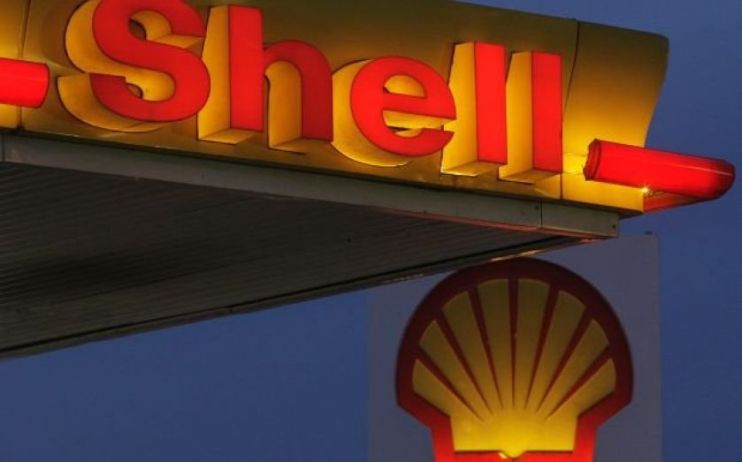Shell: ‘We understand worry for millions – but windfall tax creates uncertainty’

Shell has slammed the government’s windfall tax.
It said while it “understands the worry for millions” about the cost of living crisis, the new tax creates “uncertainty” about investment in the UK energy sector.
This follows Chancellor Rishi Sunak announcing a so-called Energy Profits Levy, a 25 per cent surcharge on North Sea oil and gas sector profits, which could last for up to three years.
The Treasury expects the tax will raise around £5bn over the next 12 months – which will help fund a £15bn package to save the country’s most vulnerable households £1,200 this year.
After BP said the tax may force it to reconsider its UK investment plans, Shell is the latest energy giant to come out against the levy.
A spokesperson told City A.M. : “We understand the worry for millions of people about how high energy costs are challenging their household budgets – and the need for support to help make ends meet.”
“But at the same time, we must sustain investment in securing supplies of oil and gas the UK needs today, while allocating future spend for the low carbon energies we want to build for the future.”
The firm said “in its current form the levy creates uncertainty about the investment climate for North Sea oil and gas for the coming years.”
And, longer term, the proposed tax reliefs for investment don’t extend to the renewable energy system we want to drive forward in the UK and invest in very substantially. When making plans for the next decade and beyond, we need certainty.”
Shell – alongside rival oil and gas giants such as BP and Equinor – has enjoyed record profits in first three months of trading this year, with earnings rising to £9.13bn during the first quarter of trading in 2022. This has been powered by soaring oil and gas prices, which has made fossil fuel trading highly lucrative.
The energy giant has maintained its “fundamental aim” to invest between £20-£25bn in the UK over the next decade, with 75 per cent of its investments focused on low and zero carbon projects.
Its spending commitments will boost government plans to increase the UK’s renewable and nuclear energy generation capacity, alongside further North Sea oil and gas exploration, to reduce the country’s reliance on overseas imports following Russia’s invasion of Ukraine.
The government’s supply security strategy includes raising offshore wind generation from 11 GW to 50 GW by the end of the decade.